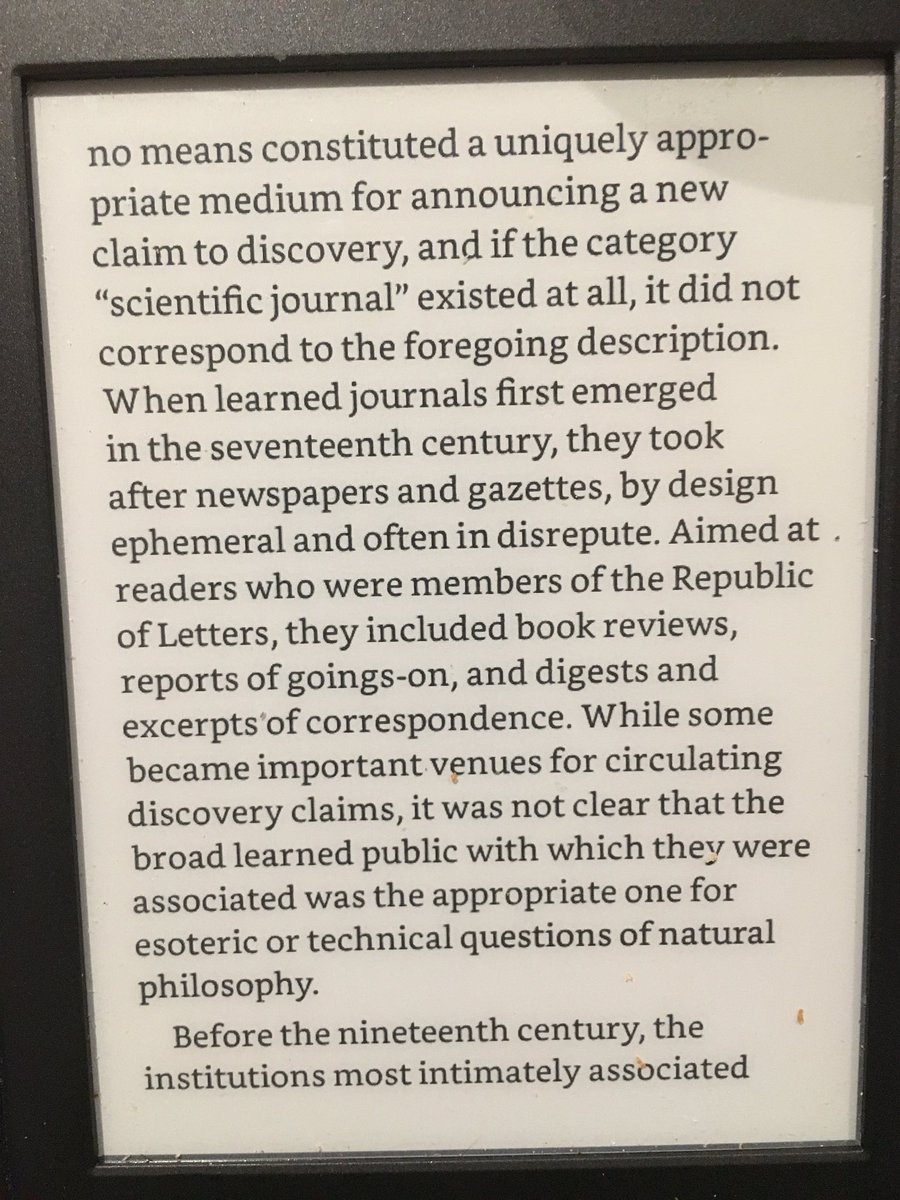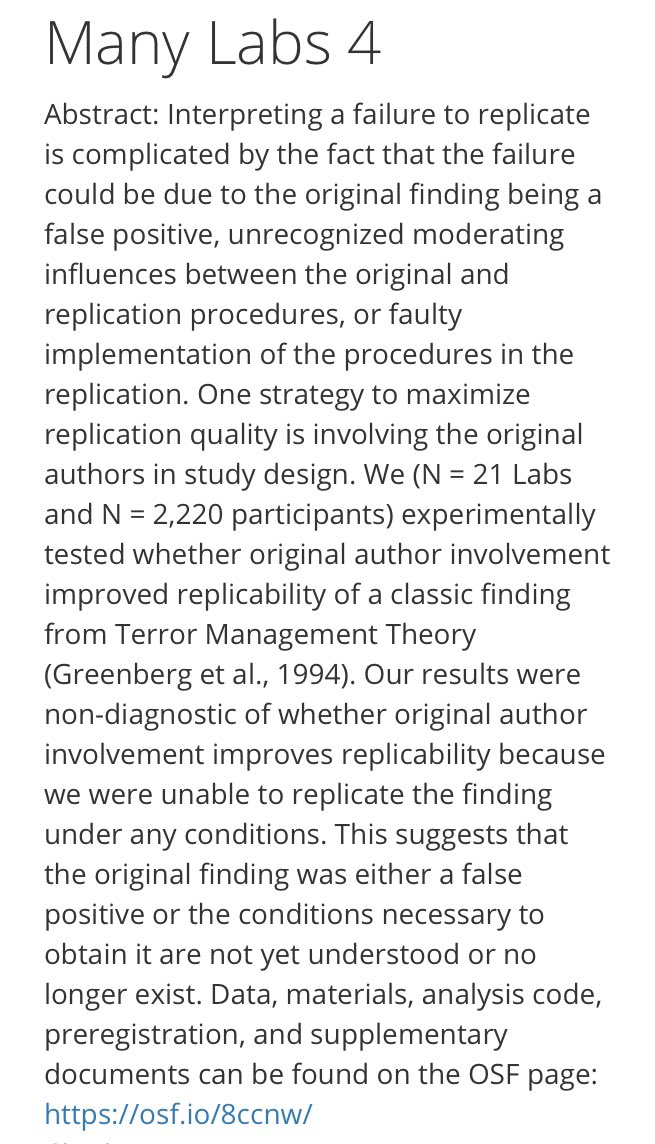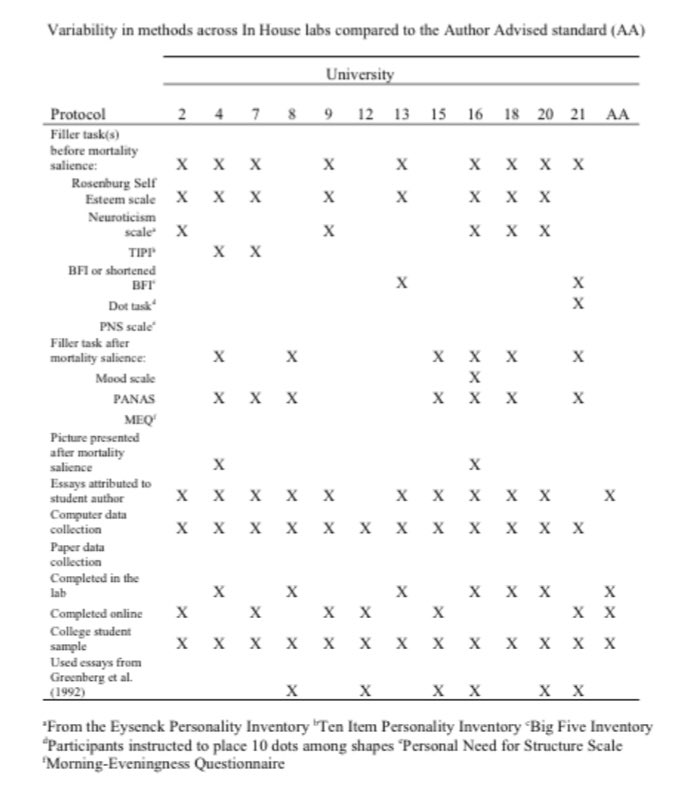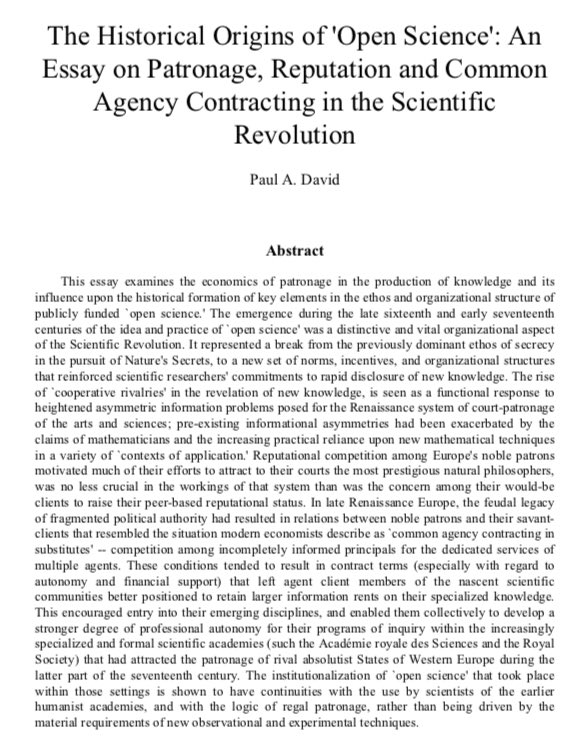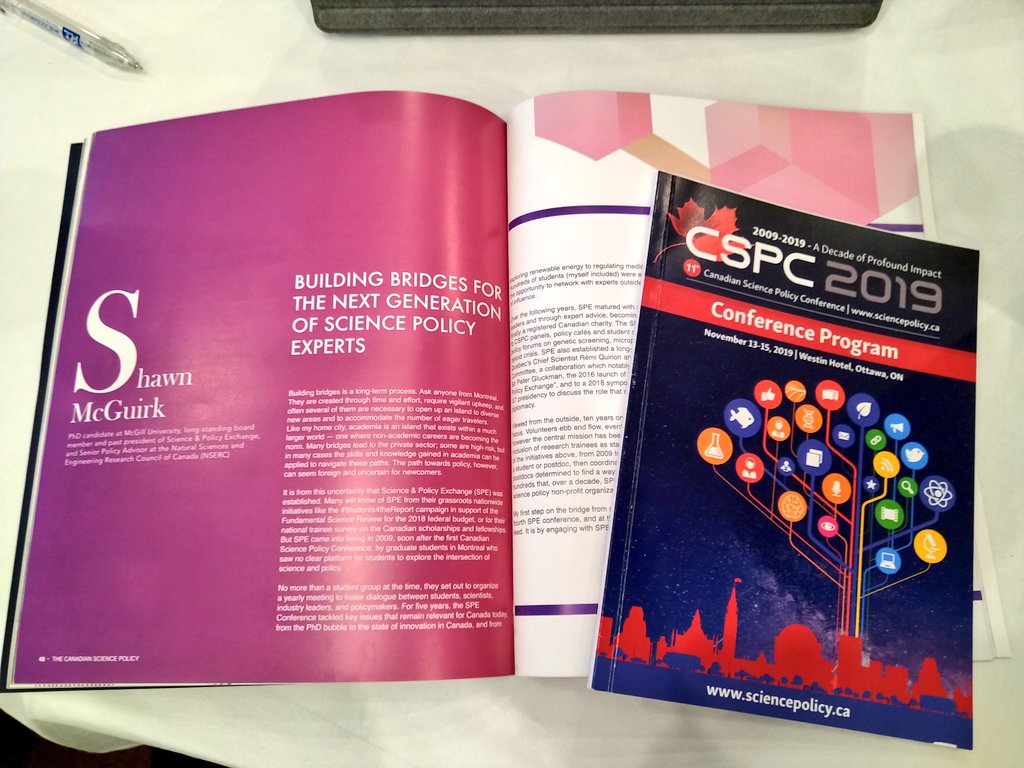1. A technological arm of a field creates pressure for research to “work”
This pressure is not so strong in academic research because rewards accrue to *discovery claims*, not to inventions that “work”
This paper describes how the technology sector benefits from academia because good academic products can signal a skilled trainee
The supply of academic labor has long far outstripped available academic positions because academics use trainees as skilled, low-cost labor




